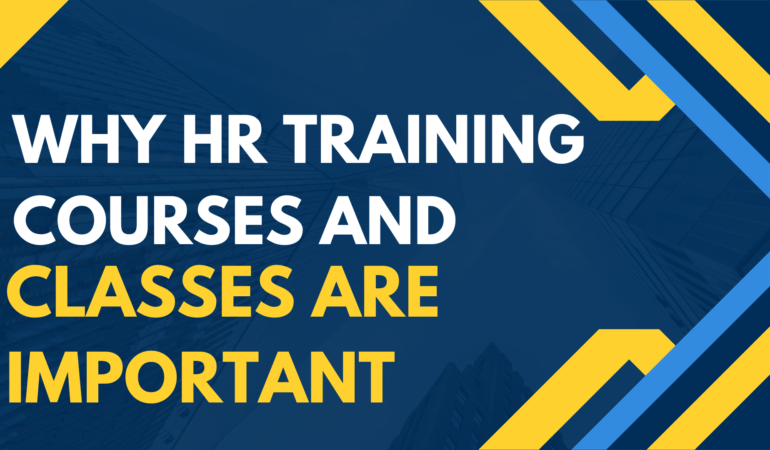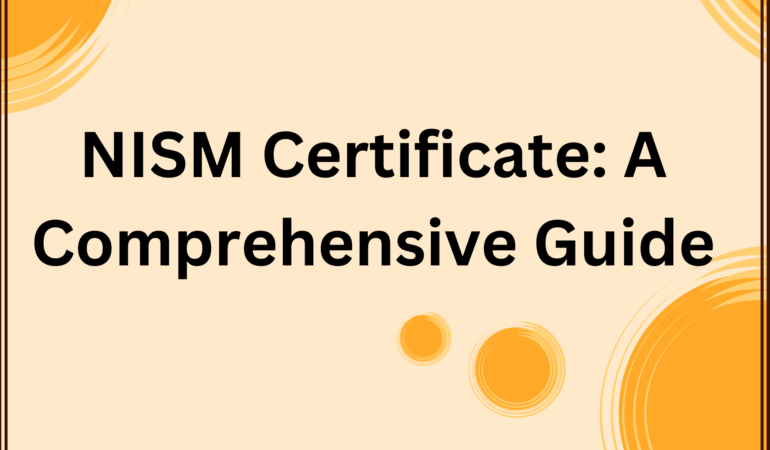Best Industry for HR Professional?
Human Resource (HR) professionals are indispensable across industries, acting as the backbone for employee management, talent acquisition, and organizational culture. But not all industries offer the same growth potential, challenges, or rewards. Choosing the best industry depends on your career aspirations, personal interests, and the value you want to deliver as an HR professional.
Role of an HR Professional Across Industries
HR professionals ensure smooth operations by hiring the right talent, fostering engagement, and aligning workforce strategies with company goals. Regardless of industry, HR teams play critical roles in compliance, training, and organizational development. While the core responsibilities may remain consistent, the dynamics of the role can change significantly depending on the sector.
Factors to Consider When Choosing an Industry
When deciding which industry to enter as an HR professional, consider these factors:
- Growth Opportunities: Does the sector offer chances for promotions and skill development?
- Job Security: Is the industry stable or prone to economic fluctuations?
- Compensation: Are salaries and benefits competitive in the chosen field?
- Personal Alignment: Does the industry’s mission align with your values and interests?
Top Industries for HR Professionals in 2024
In 2024, certain industries are standing out as particularly lucrative and rewarding for HR professionals. Let’s explore these sectors and what makes them great options.
Technology Industry
The tech sector remains one of the best industries for HR professionals, given its rapid growth and global influence. HR roles in tech involve:
- Attracting top talent in a competitive job market.
- Designing diversity and inclusion programs.
- Managing remote and hybrid work models effectively.
Why Tech? The fast-paced environment, innovation-driven culture, and attractive compensation packages make it a top choice for ambitious HR professionals.
Healthcare Industry
The healthcare sector is booming due to an aging population and increasing healthcare demands. HR professionals in this field often focus on:
- Recruiting skilled medical personnel.
- Ensuring compliance with strict regulations.
- Fostering employee well-being in high-stress environments.
Why Healthcare? The chance to make a meaningful impact and job security are major draws in this field.
Finance and Banking
The finance sector is synonymous with stability and professionalism, making it an attractive option for HR specialists. Key HR responsibilities include:
- Enhancing corporate culture in high-pressure environments.
- Managing leadership development programs.
- Ensuring ethical practices and regulatory compliance.
Why Finance? The industry offers excellent earning potential and structured career progression.
Education Sector
The education industry requires HR professionals to manage diverse employee groups, from faculty to administrative staff. Common tasks include:
- Developing training programs for educators.
- Addressing recruitment challenges in underserved areas.
- Supporting career development for staff and faculty.
Why Education? It’s a fulfilling field for those passionate about making a societal impact.
Retail and E-Commerce
HR in retail and e-commerce deals with high workforce turnover and scaling teams during peak seasons. Responsibilities often involve:
- Implementing retention strategies for seasonal employees.
- Creating flexible working policies.
- Promoting employee growth and satisfaction.
Why Retail? The dynamic environment offers plenty of challenges and learning opportunities.
Hospitality and Tourism
The hospitality sector places a strong emphasis on HR to maintain service quality and guest satisfaction. Key HR tasks include:
- Managing diverse teams across multiple locations.
- Fostering employee engagement in demanding roles.
- Training staff for exceptional customer service.
Why Hospitality? It’s ideal for HR professionals who thrive in people-oriented environments.
Emerging Fields for HR Professionals
With industries like renewable energy, artificial intelligence, and startups on the rise, HR professionals are finding new opportunities to shine. These fields often require innovative hiring strategies, adaptability, and creativity to build thriving teams.
The Importance of Industry Fit for HR Professionals
The best industry for you depends on where your skills and interests align. Whether you prefer the high stakes of finance, the innovation of tech, or the societal impact of healthcare, your success as an HR professional will thrive when your chosen field resonates with your career goals.





